HTTP 418: I'm a teapot
The server identifies as a teapot now and is on a tea break, brb
HTTP 418: I'm a teapot
The server identifies as a teapot now and is on a tea break, brb
Math Memes
Mathematics in Programming: where theoretical concepts from centuries ago suddenly become relevant to your day job. These memes celebrate the unexpected ways that math infiltrates software development, from the simple arithmetic that somehow produces floating-point errors to the complex algorithms that power machine learning. If you've ever implemented a formula only to get wildly different results than the academic paper, explained to colleagues why radians make more sense than degrees, or felt the special satisfaction of optimizing code using a mathematical insight, you'll find your numerical tribe here. From the elegant simplicity of linear algebra to the mind-bending complexity of category theory, this collection honors the discipline that underpins all computing while frequently making programmers feel like they should have paid more attention in school.

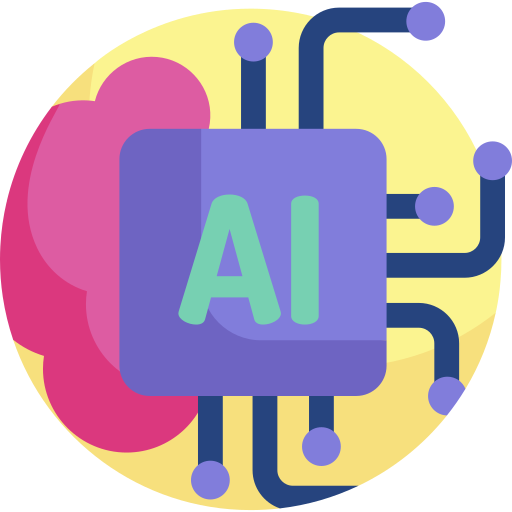 AI
AI
 AWS
AWS
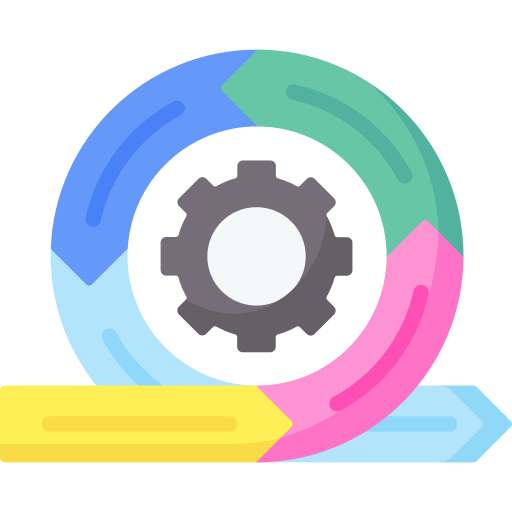 Agile
Agile
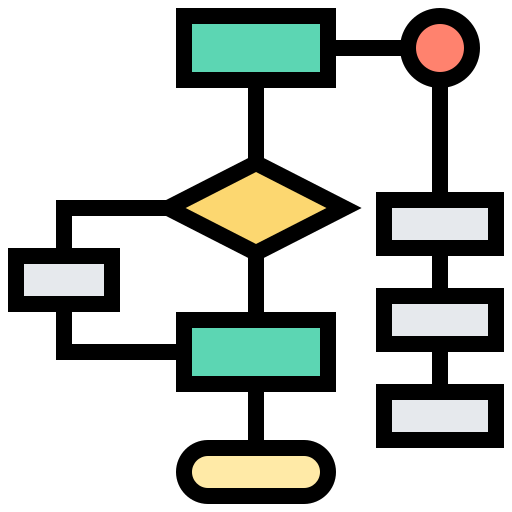 Algorithms
Algorithms
 Android
Android
 Apple
Apple
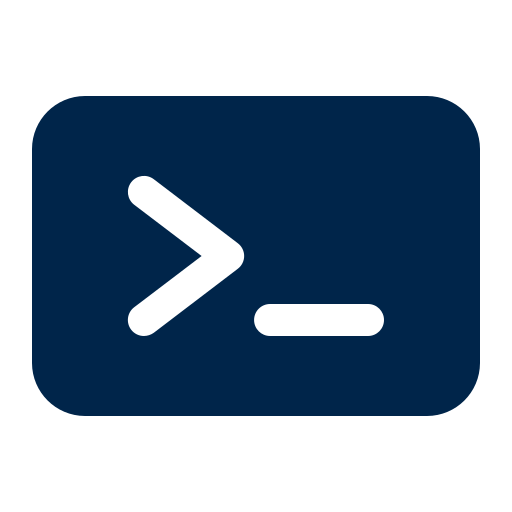 Bash
Bash
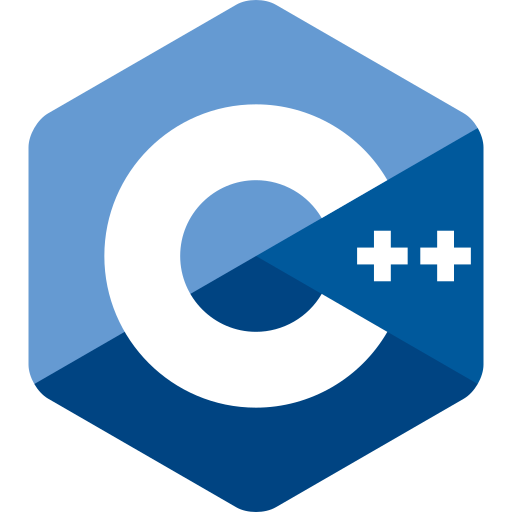 C++
C++
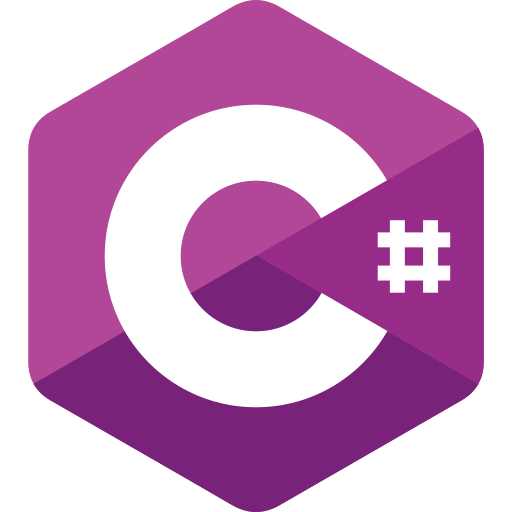 Csharp
Csharp















